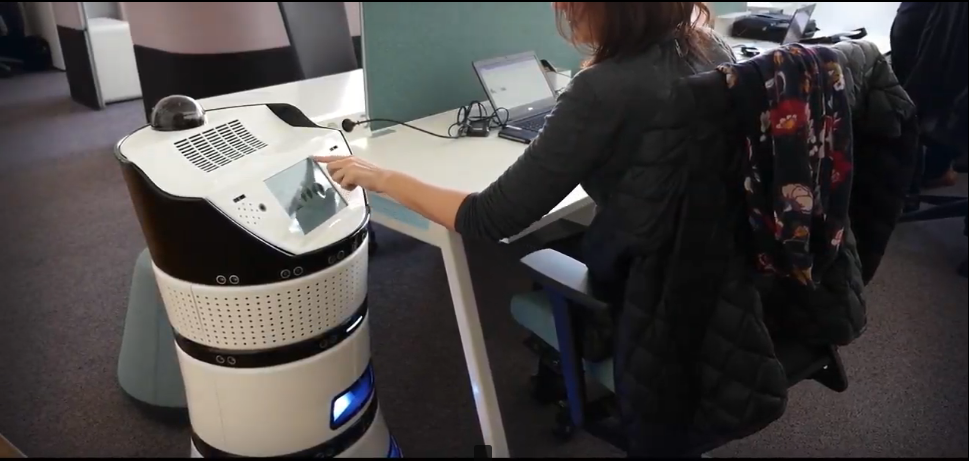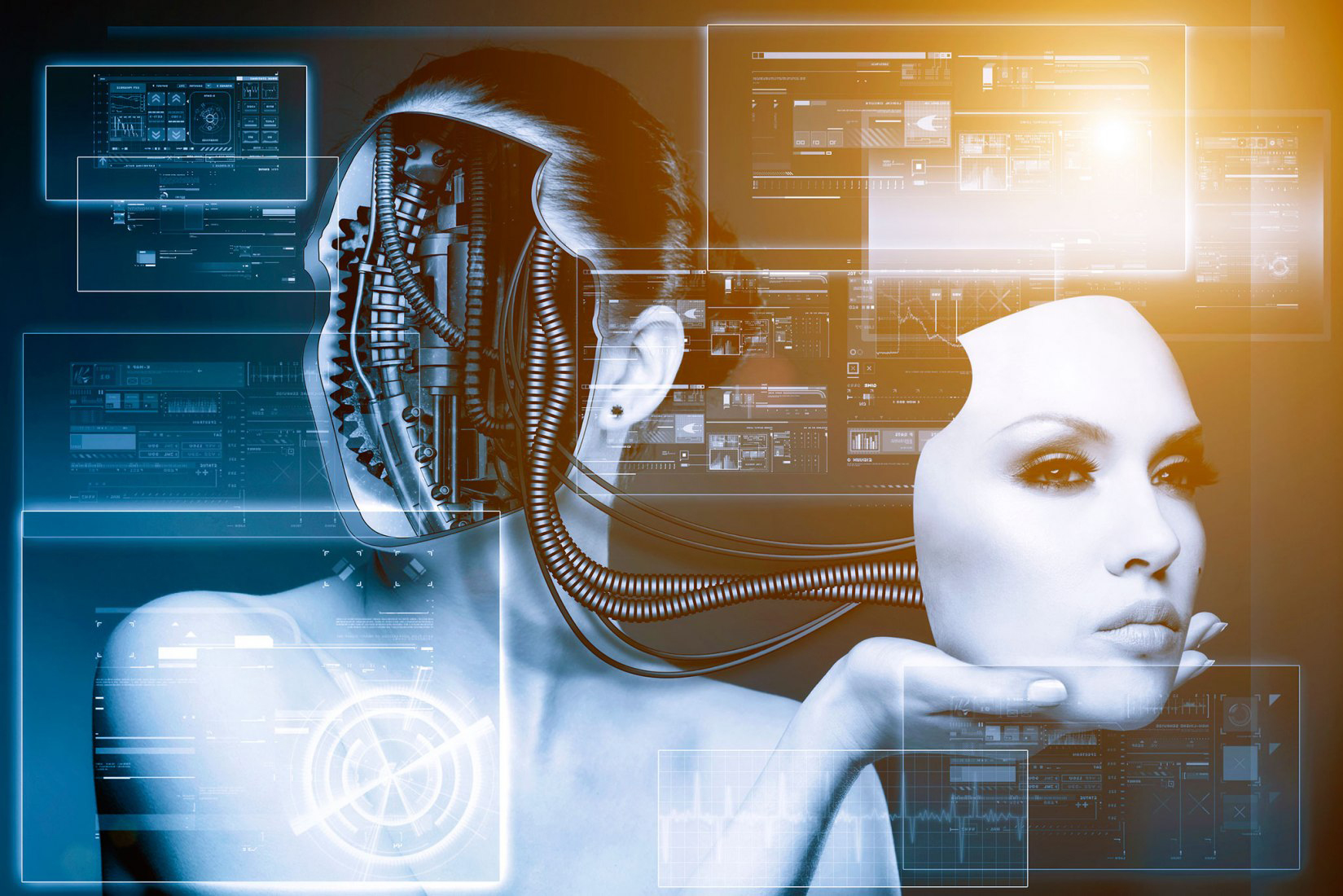Why are we hearing so much about Artificial Intelligence and nothing about Artificial Intelligence laws?
Share

The government, in its Budget Speech 2018/2019, reiterated its desire to make Mauritius a Fintech Hub. Their aim has also been to create new opportunities for private investment and job creation by accelerating the country’s move to an age of digitisation through Artificial Intelligence (AI), Blockchain technology and Fintech. In November 2018, the Ministry of Technology, Communication and Innovation (MTCI), in collaboration with the Economic Development Board and Trescon Global, hosted for the first time, the World AI Show.
The event was marked with a grand entry made by Hanson Robotics’ first social humanoid robot, Sophia. This year, we saw the arrival of Pepper at the Mauritius Impact Summit 2019. Pepper is a semi-humanoid robot able to recognize faces and basic human emotions. Pepper was optimized for human interaction and is able to engage with people through conversation and its touch screen. Last but not least, the Government has also been working on the creation of a Mauritius Artificial Intelligence Council (MAIC) for the development of Artificial Intelligence.

Why is the Mauritian government focussing so much on this new discipline? Mauritius is geographically well positioned to become a technological hub and an incubator for the sub-Saharan African region. The most important contribution that AI will bring is efficiency and transparency. AI will allow a much closer integration of the human-technology relationship and will enable people to perform more efficiently. It is thus obvious that the impact of AI will be huge as it will bring unprecedented opportunities for Mauritius.
The government appears to be leading by example regarding this closer integration of this human-technological relationship. In its Digital Government Transformation Strategy 2018-2022 (“DGT Strategy”), the government of Mauritius highlighted that implementation of the DGT Strategy requires a so und legal framework to build confidence of citizens/businesses when interacting with government using electronic means. As per the said DGT Strategy, appropriate legal and regulatory safeguards have to be put in place to manage the potential risks of digital technology and protect privacy.
Though a number of legislations regulating the ICT sector are already in place, legislation in specific areas like procurement and registration had to be reviewed to accommodate computerisation of service delivery. The DGT Strategy has also made several recommendations which when implemented, will give rise to legal constraints.

Undeniably, AI will create new opportunities in many walks of life. However, how will our legal system deal with legal issues created by AI? If we take the example of smart contracts, we see that there is little or no literature and/or legislations in Mauritius on the legal status of smart contracts. Much of the laws that the Mauritian courts might need to consider in analysing the legal status of smart contracts were developed in an analogue context and may not be well adapted to cater for the digital environment within which smart contracts operate. With the venue of new innovative technologies, we are witnessing the creation of a specific discipline where the practice of law is changing. Though it is hard to imagine how we, lawyers, will lose our jobs to robot, we have to be honest that our daily life has indeed changed with the assistance of AI in our work/ life environment.
But are we ready to provide the right legal framework for the development and usage of AI in Mauritius? Do we have the necessary expertise for ‘Artificial Intelligence Law’ in Mauritius? Since AI is designed to have the ability to think and learn, it is thus of prime importance to decide from the outset, what would the legal status of an AI system be. Would it have the same legal status as a person or would it be classified as a distinct entity? If it is given the same legal status as a person, then there is no need to debate further on that. However, if it is given the latter status, then the legislator has a lot of work to do

The next question which also arises, is how would liability be attributed to an AI system? Who will be responsible for an AI system’s decision, especially if that decision (1) breached the law, (2) caused a wrong to someone, (3) led to a breach of contract or even worse (4) caused the death of someone? Will there be legislation to impose liability on the AI system itself, on the user/owner of the AI system or on the developer of the AI system? Until such time new legislations come in, one possible answer is that AI system might be governed by Article 1384-1 of the Mauritian Civil Code as far as civil liability is concerned.
It is therefore clear that this new discipline raises several questions which are yet to be answered by the legislator on the one hand and yet to be tested by the court on the other hand. Although it appears from the proactivity of the government that many things are being done to promote the said industry but nothing concrete so far is being done to regulate it (except for the fintech industry). As a result of a lack of literature and/or legislations, our laws will definitely need to be updated and developed in order to regulate the usage of AI. It is thus high time to apply some real thoughts to artificial intelligence, which is becoming less artificial and more intelligent.













